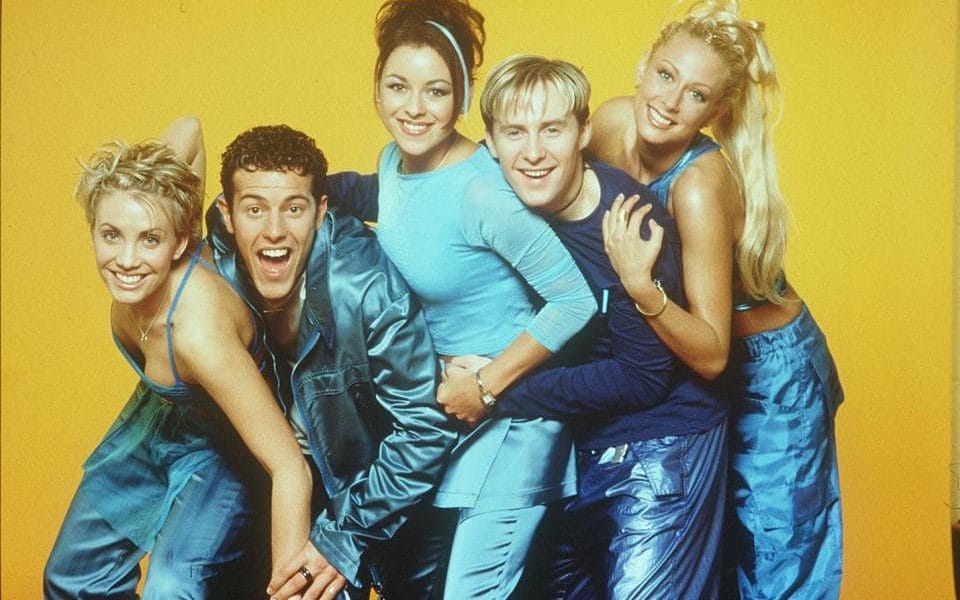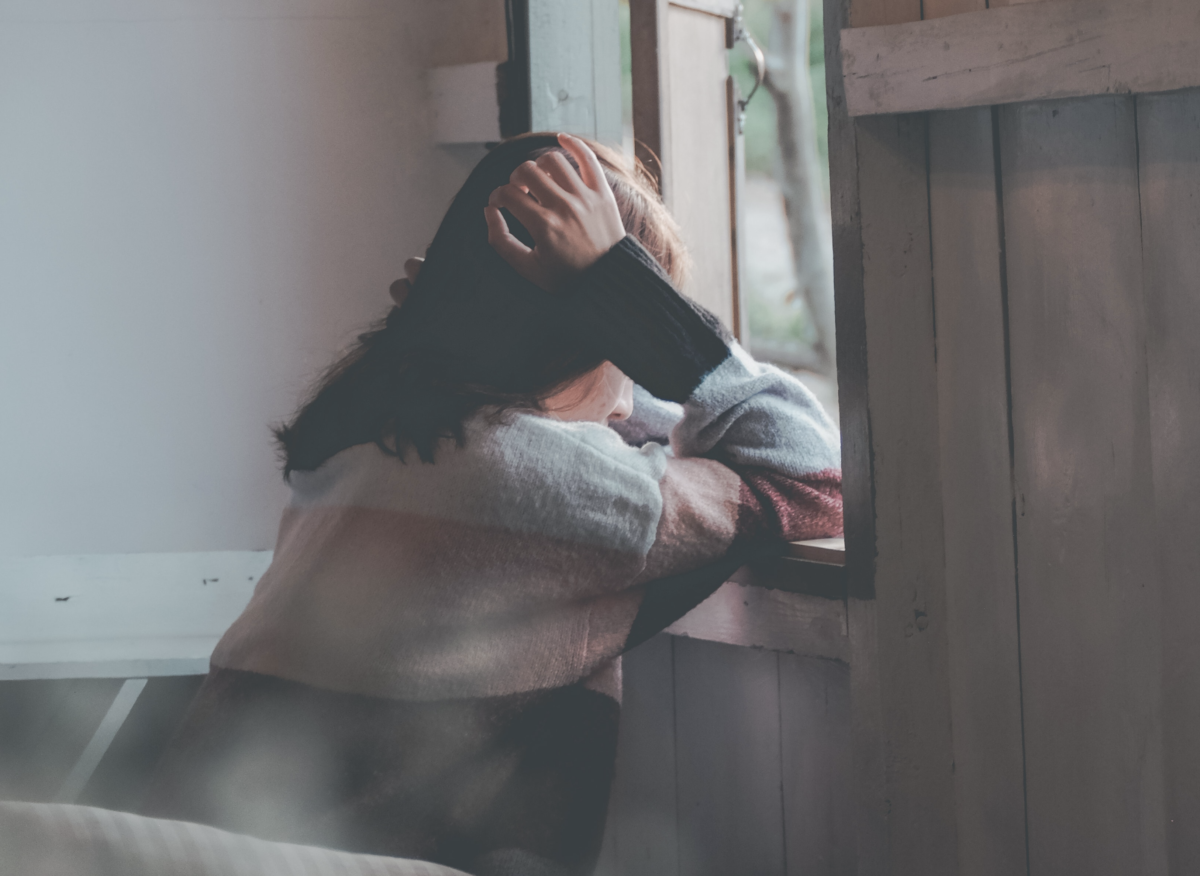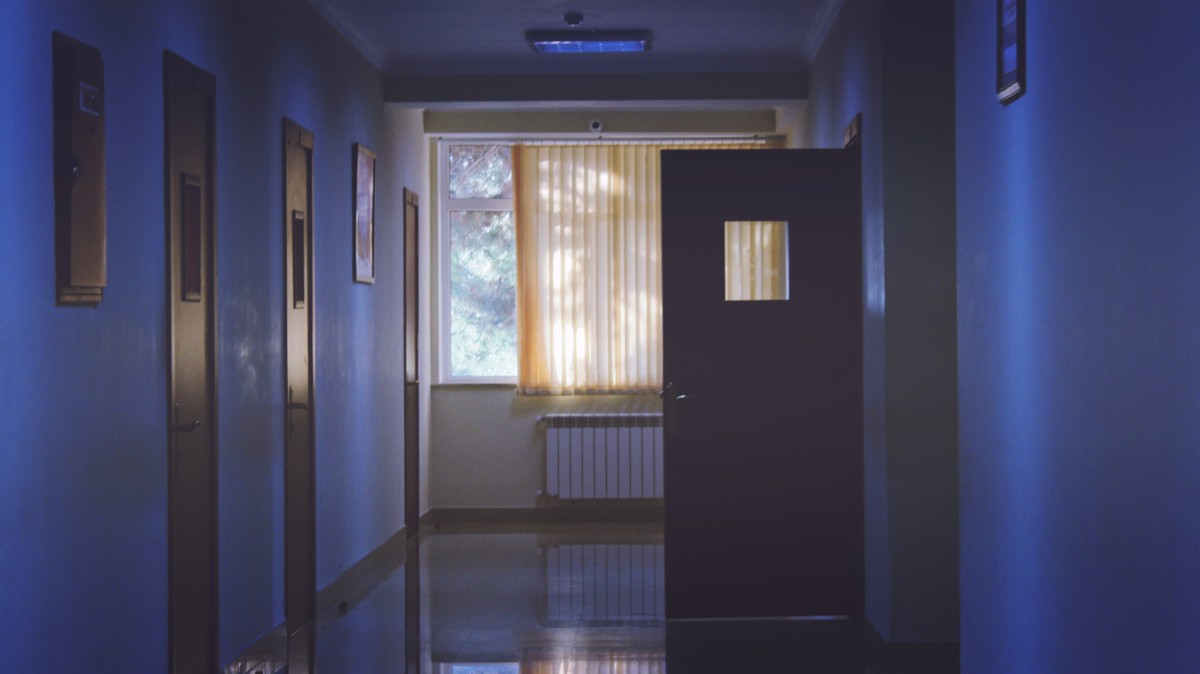Guest post by Rebecca
TRIGGER WARNING This article or section, or pages it links to, contains information about suicidal thought, depression and anxiety which may be triggering or distressing for some
Childhood
Is it strange to be jealous of your ten year old self?
I was the type of child that would make up dance routines to my Steps CD and put on a show for my family most weekends. Every time a camera was pointed in my direction, I would do the same pose; arms wide open, wide smile plastered across my face, staring confidently into the camera. I was always a willing conversationalist, never worrying if the other person liked me or thought what I was saying was stupid. I competed in swimming galas, wrote fiction without fear of it not being good enough and took part in any opportunity or experience that luck would grant me.

That all changed when I started secondary school. At eleven years old, I was teased for my cropped, unflattering hair, my scrawniness and for ‘not looking like a girl’. I was told that I was ugly so I thought that is must be true. I struggled with my self-esteem. I gave up swimming – something I was good at – when my body became a thing of embarrassment to me.
“I was told that I was ugly so I thought that is must be true.”
For all of my years at secondary school, I was cripplingly shy around my peers and found it difficult to bond with them or participate in group conversations. Strangely, I did well with public speaking and reciting set poetry pieces in competitions; with hindsight, it might have been because the words were usually written by someone else and were not my own, which I thought would definitely be mocked or judged.
I probably was seen as a typical teenager; moody. Looking back, I was probably a person in need of help, even if I didn’t know that I needed it at the time.
Uni
Attending university was a life-changing event for me. I met new, diverse people. Genuine people who cared about my wellbeing. Loyal people that made it a priority to be a good friend. Friends that made me feel like I was worth something. I will always be eternally grateful to those friends that brought me out of my shell and made me feel more like my true self.
That doesn’t mean that there weren’t dark days though. Feelings of hopelessness and insecurity would still creep its way into my daily life. Thinking that these thoughts were just fact, it didn’t occur to me that they might not be true; I thought that was just the way I was. I didn’t want to ruin my new friendships; I wanted them to see me as Rebecca, not as the girl sobbing in her room after a night out because she felt miserable. So I kept every negative thought to myself; I didn’t realise it was slowly poisoning me…

London
After graduating, I felt like I was in a good place where I could cope – and even look forward – to even more life changes. I moved from a Welsh village to the exciting city of London in order to kick-start my career. The move didn’t frighten me as much as I’d thought, mostly because I was starting this journey with one of my best friends and I was eager to live in a place full of art, culture and beautiful parks!
Sadly, my time in London so far has been turbulent. Bad housemates, jobs, money; my situation constantly changed and I was never able to feel settled or like I was in control of my life. Most Londoners never seem entirely content – they sometimes even wear their dissatisfaction like a badge of honour – so I thought that it was the norm and plodded along each day like the rest of the city.

“Most Londoners never seem entirely content – they sometimes even wear their dissatisfaction like a badge of honour”
Dark Times
In 2017, things started to shift inside me. I would have mood swings, days where I lacked appetite and I lost interest in things I once enjoyed. I became more obsessed with how others may perceive my body, panicking at the thought of sitting in a public space, like a restaurant, and having someone comment on my size. I would snap angrily at my housemates, cancel plans with friends, and not pursue anything creative just in case it didn’t turn out perfectly. I was going through a bad time in work and felt like I messing up my life. I remember it being my best friend’s birthday gathering at our house, and not being able to leave my bedroom after breaking down in tears. The thought going through my head was, ‘It’s not fair that I still have to be here, it hurts too much.’ I felt like a massive failure.
I would lie in my bed and obsess over how to leave this life without hurting anyone (which is of course impossible). I would think of the best way to do it without being a massive inconvenience to anyone. The only reason why I didn’t form a plan was the thought of my parents having to try to explain to my autistic brother why he would never see me again.
“I felt like a massive failure.”
Then I found a lump in my breast. On the surface, I acted concerned about it to my close friends and family and went for a consultation. On the inside, I couldn’t care less. When it was clarified that it was nothing to worry about, the main thought in my head was ‘Shame. If that was cancer, at least people wouldn’t think that you were selfish for dying.’ I felt like a terrible person for even thinking that and felt like I actually did deserve to die.
After one desperate night where I ended up ringing Samaritans for the first time, I confided to my best friend. I admitted that I always felt on edge and hopeless, and that I had put myself on a waiting list for counselling because I had felt myself get worse and worse, but now I felt like there was no future for me. It was the first time I was honest about how I was feeling, and I’m so glad that I did. I wasn’t pushed away or thought of any differently by the ones that I care about the most, something I was scared would happen. They helped me coast along until I received confirmation to start therapy.
NHS
I went to my first Cognitive Behavioural therapy session and was told that I was having depressive episodes. I want to say that the tools they taught me completely sorted my life, but after my allocated sessions were finished I still felt unable to fully control my thoughts.

Things started to change in my life regarding my career, and by the end of 2017 I was in a new job, and was enjoying socialising and going for wanders around London again.
Work
This was short lived, as the company I worked for folded and I was owed over £1,600 by my employer. After working for months without pay and going through the emotional turmoil of winning my tribunal court case, to this day I still haven’t received the money that I had worked for. This has filled me with despair on so many occasions as I felt like I had done all of the ‘right’ things – worked hard, tried to save money, made time for the people in my life – yet it didn’t amount to anything and you can still get it all thrown back in your face.
Around the time I became unemployed, the contract for my lease was up, and for the first time I had to find a place by myself and move in with total strangers. So I had to find a place to live and a new job, while relying on £1,600 less than I should have been. I was prescribed anti-depressants, which I unfortunately reacted volatilely to and was immediately taken off them. I felt like nothing would change or be able to help me. That period of time nearly broke me, but the thought of holding onto my independent life in a city where my close friends lived ended up being even stronger, and helped me battle my way through it all. After eight months of final stage interviews, professional ghosting and ‘we went with someone with slightly more experience than you’, I bagged myself a job in the industry that I was aiming for.
“I felt like nothing would change or be able to help me.”
Diagnosis
2019 was a year of learning self-awareness. I discovered that I was prone to burn-out, being too hard on myself and making myself unnecessarily mentally and physically ill. I had become more honest to my close friends on how I was feeling and on my thought patterns, and I was encouraged to try CBT again. Six months on a waiting list, and I was back in an NHS mental health waiting room. However, this time was different. After 3 sessions, my counsellor patiently explained that I was clearly displaying symptoms of Generalised Anxiety Disorder.
After initially baulking at the word ‘disorder’, it started to dawn on me that it made perfect sense. Negative thoughts spiralling until I found myself in a dark, hopeless places. Constant worrying on how I was being perceived by other people. Catastrophizing scenarios that mostly didn’t come true. Adamantly thinking that if I became too happy, then I was just asking for a bus to hit me, or to receive a cancer diagnosis, or someone from my family dying. These thought patterns have been part of my life since I was – at the very least – 11 years old. I thought it was just how it was. It never occurred to me that it’s been years since I last felt content or relaxed.

I was taught techniques and tools that were more specific for GAD. Although the word ‘disorder’ seemed at first so daunting to me, the fact that I was acknowledged by other people helped me become a bit kinder to myself.
“The word ‘disorder’ seemed at first so daunting to me”
I’m also currently in the process of working out what may be wrong with me physically; it looks like that I most likely have Irritable Bowel Syndrome and a sugar and lactose intolerance. At first, changing my diet caused me bouts of anxiety, as I was always worried how I’d react after a meal. One thing I discovered was how much I relied on sugary snacks to feed my sadness, or boredom, or just fulfilling habit of eating. I remember on the third day after cutting a huge amount of sugar out of my diet, I couldn’t concentrate on my work as I was obsessively wondering if I could run to the shop to buy a bag of sweets without anyone in my workplace noticing. This lasted for hours, and looking back on it I now have to laugh at the absurdness of those thoughts.
Teetotal
On top of that, after years of constantly feeling unwell after alcohol and it triggering relapses in my mental health, I decided to try and see if going teetotal would benefit me. This has completely transformed my view on how much drinking and binge-drinking is ingrained in our society. Being teetotal can be difficult sometimes, as I feel like I have no buffer between me and the rest of the world, but there is something in being able to socialise with interesting, new people at a gathering and know that YOU did that, not alcohol. After eight months since my last drink, I’m still riding the happiness of enjoying an evening but still being able to feel fresh enough the next day to fully relish it.
This vigilant way of living has helped with my physical symptoms that I usually have when I’m anxious, and I’m hoping it will help me deal better with other aspects of my life.
Relationships
That being said, don’t get me started on relationships. I know this may seem like an exaggeration, but I have ruined every chance of a romantic connection that has come my way. Anxiety has this way of seeping into your thoughts and lying to you. ‘You’re boring them. You’re not worthy enough to be loved by anyone. You’re going to ruin this at some point so you might as well bail now.’ Sometimes I wonder if I can’t even cope with me, how could anyone else? I know now that this isn’t true, but it is still something I have to work through.
“I have ruined every chance of a romantic connection that has come my way.”

Future
The knowledge that I will have to deal with my anxiety for the rest of my life makes me feel very tired, at the very least. I get angry that I’m the biggest culprit in holding me back or creating obstacles in my life. I still compare myself to other people and I put too much pressure on myself to be perfect.
Yet I’m cautiously optimistic about the future. I now look forward to what I can experience in spite of all the issues or trepidations in my life. I recognise that there is a world outside my anxiety, and uncertainty can sometimes guide you to something that can change your life for the better. Through therapy and honest chats with my friends, I can see the good side of my anxiety; it makes me more aware of how others are feeling, it gives me a good work ethic and it highlights the importance of self-care and kindness in anyone’s wellbeing.
I wish that I can say one magic sentence that could change the lives of anyone who may be going through a similar situation.
All that I can say is that you’re worthy of help and love. You are not a burden and you deserve having effort put into you from your loved ones and, most importantly, yourself. The world is so much better that you’re in it.

This post was a guest post written by Rebecca
If you are affected by any of the themes in this post, or feel you are experiencing suicidal thoughts, please – Talk to Samaritans for free. You can get in touch about anything that’s troubling you, no matter how large or small the issue feels.
Alternatively visit your GP about mental health services or pop over to NHS website here




